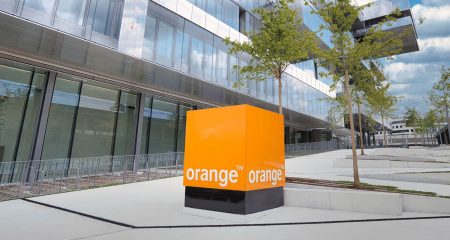
Stellenbosch’s free Wi-Fi project continues to be delayed as projects elsewhere in South Africa are rolled out.
Free Wi-Fi was proposed for Stellenbosch as early as 2013 and, despite investigations into the viability of the programme, roll-out has been delayed.
“The programme is live. The IT manager post was vacant during this period, and the newly appointed manager is busy developing the service delivery and financial viability model for the further rollout,” Stellenbosch municipal manager Christa Liebenberg said.
In the meantime, the City of Tshwane has adopted Wi-Fi and is racing ahead with a universal roll-out programme, now in its fourth phase.
The project has demonstrated that residents find the high-speed data access popular.
“It seems hard to believe that not too long ago, the general public in the City of Tshwane had no real access to free Wi-Fi. Today they are setting records with high-quality videos that are streamed via Wi-Fi TV to be viewed by everyone,” said Alan Knott-Craig, CEO of Project Isizwe, which has been tasked with developing the network.
The NGO has also been tasked with delivering Wi-Fi to the rural Eastern Cape in a pilot that would focus on the department of education being able to deliver Internet access on campuses and in surrounding areas.
In Stellenbosch, Liebenberg said free Wi-Fi is a municipal priority, despite the roll-out delay.
“Stellenbosch leadership views Wi-Fi as a critical priority. Major priorities are in terms of the national government priorities, ie the National Development Programme and the Back to Basics local government programme.”
The Western Cape government is also rolling out a Wi-Fi programme intended to grant Internet access to mainly poorer communities. Khayelitsha and Mitchells Plain are two communities which have benefited from the roll-out.
This access is seen as critical to accelerating economic growth and driving job creation, both key provincial priorities.
“We need to create jobs. We have 710 000 people now in our province who don’t have jobs and entrepreneurs are going to create jobs for those people,” MEC Alan Winde said recently.
He was speaking at an event to mark the provincial prize-giving ceremony for people who demonstrated innovation using Internet technology.
He said the Western Cape government is intent on driving Internet access in the Cape metro. “In the next three years, every ward will have at least one [Wi-Fi] hotspot,” he said.
Following the launch of free Wi-Fi services in the City of Cape Town, 98% of residents with appropriate devices accessed the Internet through the service, a survey conducted by Orange Horizons found.
The survey also revealed that particularly in poorer communities, half the respondents expressed the wish to use the Internet more, with 66% seeing Wi-Fi as their most necessary Internet connection.
Residents are allowed 3GB of Wi-Fi per day in Khayelitsha and Mitchells Plain and a clear majority (94%) use mobile phones as their primary Internet connection.
Liebenberg said Stellenbosch is in contact with the Western Cape government to develop the municipal Wi-Fi platform.
“Stellenbosch has been in contact with the Western Cape government. The role of municipalities is facilitative and is currently explored and formalised.” — Fin24




